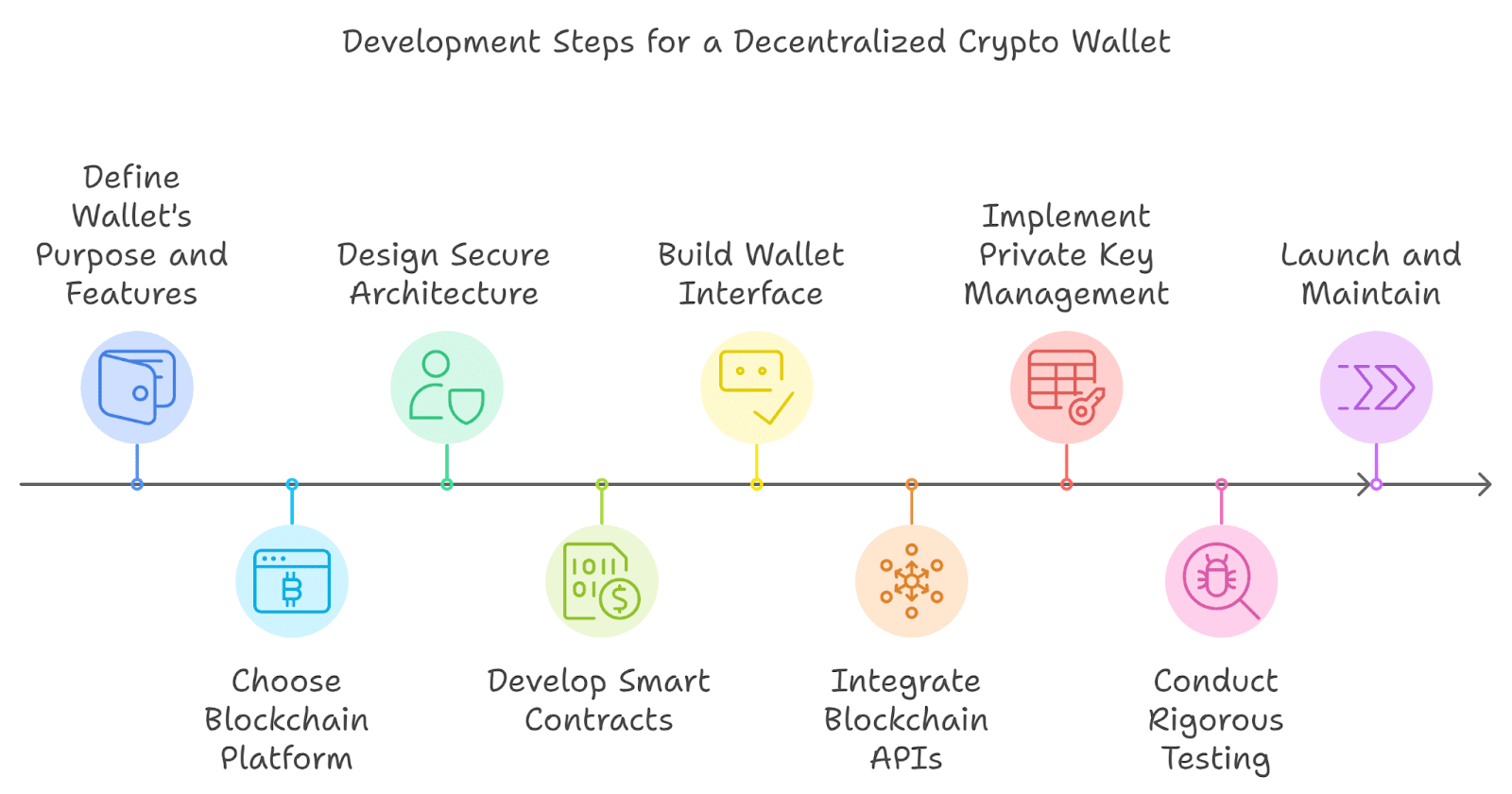Canal Mail Corp: Your Hub for Daily Insights
Explore the latest news, tips, and trends across various topics.
Decentralized Fortresses: Redefining Security in the Digital Age
Discover how decentralized fortresses are transforming digital security—unlock innovative strategies to protect your assets today!
Understanding Decentralized Security: A Comprehensive Guide
Understanding Decentralized Security is essential in today's digital landscape, where traditional security measures are becoming increasingly inadequate. Decentralized security refers to a system where control and data are distributed across multiple nodes rather than being stored in a single central location. This approach significantly reduces the risk of single points of failure, ensuring that even if one node is compromised, the integrity of the overall network remains intact. Key elements of decentralized security include encryption, consensus mechanisms, and smart contracts, all of which contribute to enhanced security and trust among users.
In implementing decentralized security, it is important to consider various protocols that govern how data and transactions are managed. These protocols ensure that all participants in the network can verify transactions independently, enhancing transparency and trust. Moreover, technologies like blockchain play a crucial role in fostering decentralized security by providing an immutable ledger of transactions. Adopting a rigorous approach to decentralized security not only protects sensitive information but also empowers users with greater control over their data, promoting a safer digital environment for everyone.

Counter Strike is a highly popular first-person shooter game that has captivated players since its release. It features intense team-based gameplay where players take on the roles of terrorists and counter-terrorists. For those interested in gaming, there are numerous ways to enhance your experience, including promotions such as the cryptocasino.com promo code that can provide exciting bonuses.
How Decentralized Fortresses Can Protect Your Digital Assets
In a world increasingly driven by technology, decentralized fortresses have emerged as a robust solution for safeguarding your digital assets. Unlike traditional security systems that rely on centralized servers, decentralized fortresses distribute data across a network of nodes, making it significantly more challenging for cybercriminals to target. By utilizing blockchain technology and advanced cryptographic methods, these fortresses enhance the integrity and availability of your sensitive information. In essence, they create a resilient shield against unauthorized access, ensuring your digital assets remain safe even in the most volatile environments.
Implementing a decentralized fortress involves several key strategies that significantly enhance security:
- Diversified Storage: By spreading assets across various platforms and nodes, the risk of losing everything in a single breach is minimized.
- Immutable Records: The use of blockchain ensures that any changes to your digital assets are recorded transparently and cannot be altered without consensus.
- Community Vigilance: Decentralized networks often leverage a community of users to monitor activities, fostering a collective approach to security.
Is Centralization Making Us Vulnerable? The Case for Decentralized Security Solutions
In an age where centralization has become the backbone of numerous systems, the risks associated with concentrating power and information have never been more apparent. From cybersecurity breaches to service outages, a single point of failure can lead to catastrophic consequences. For instance, recent high-profile hacks have demonstrated how centralized entities can be compromised, exposing sensitive user data and crippling essential services. This growing vulnerability prompts a critical question: Is centralization putting us at greater risk, and should we not consider alternatives that promote resilience and security?
Advocating for decentralized security solutions can provide a safeguard against these vulnerabilities. By distributing data and control across multiple nodes, decentralized systems make it significantly harder for malicious actors to exert influence or gain access to sensitive information. Additionally, decentralized frameworks often enhance transparency and foster trust among users. As we move forward in this digital age, it becomes imperative to explore these innovative approaches to security, ensuring that we do not become overly reliant on centralized systems that may expose us to unforeseen risks.